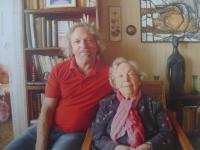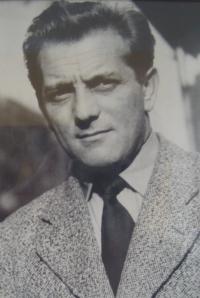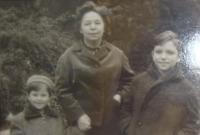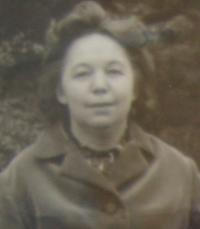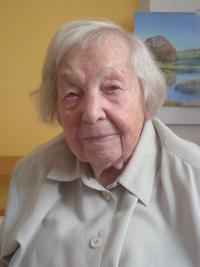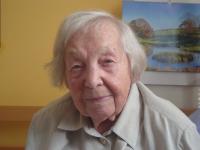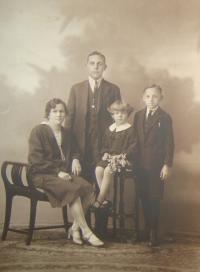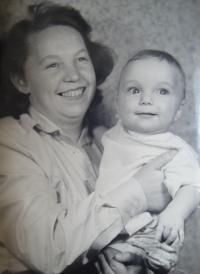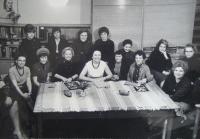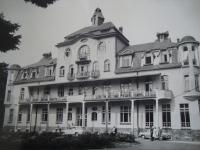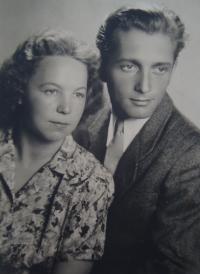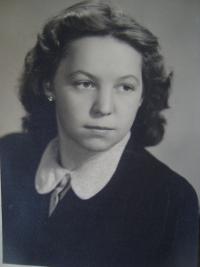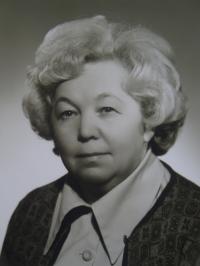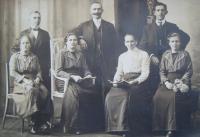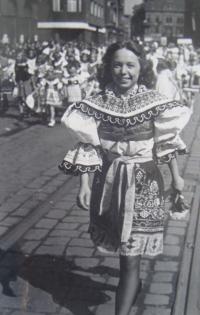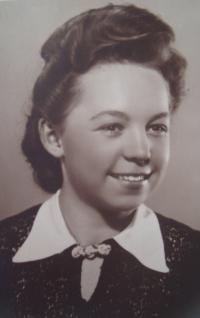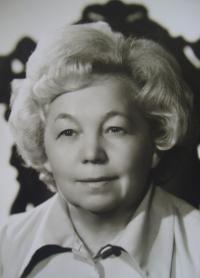In Ostrava prison we communicated through the toilet
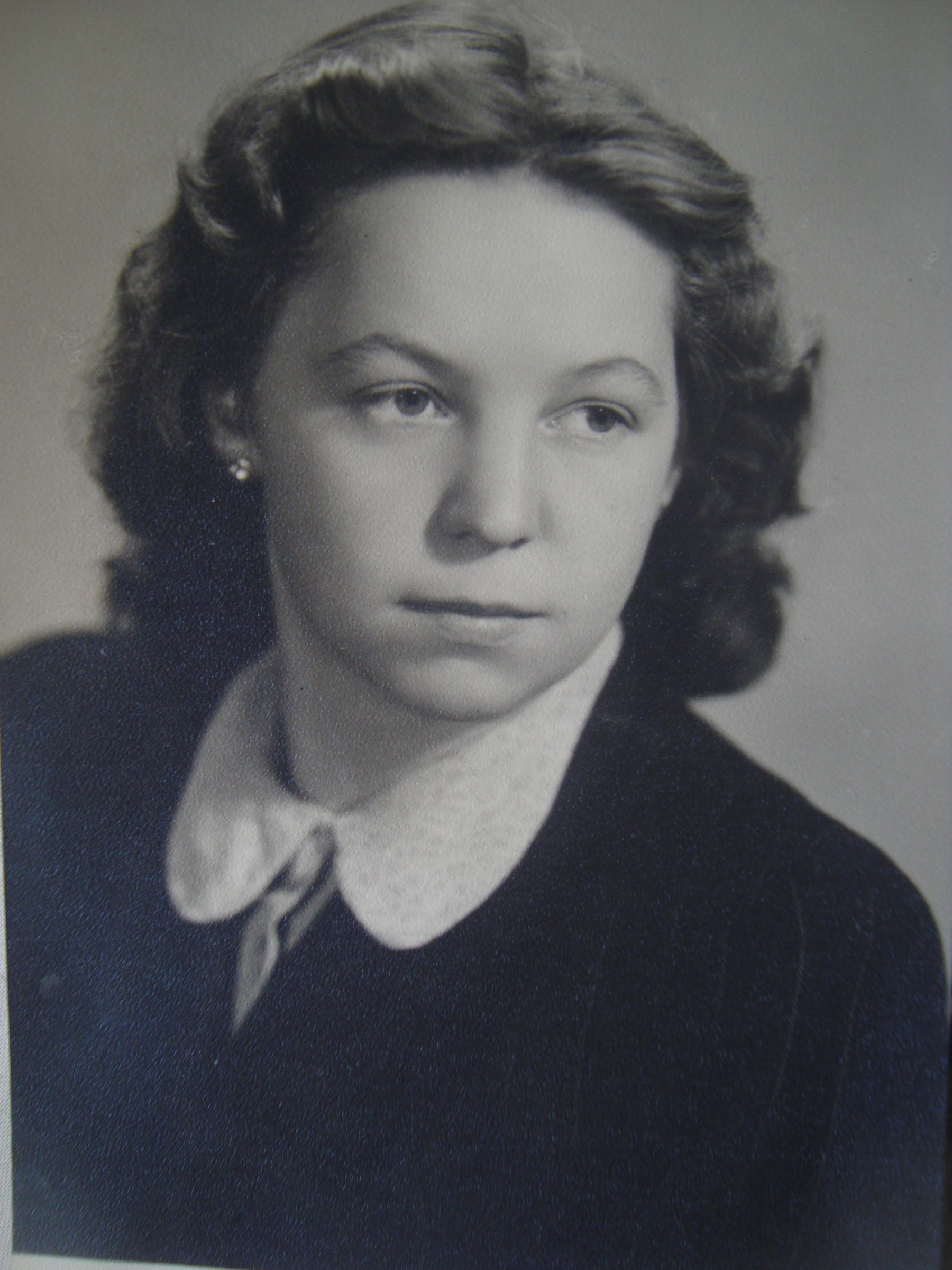
Download image
Zdena Zajoncová, née Sawová, was born on 16 November 1921 in the village of Polanka nad Odrou. Today the village is a part of Ostrava. Her father, Petr Sawa, came from Poland and worked in Ostrava region as a train conductor. Her mother, Anastasia Krischová, was a house-wife. After graduating from the school of commerce Zdena Zajoncová began working in the publishing house Iskra, and under the left-wing influence of Odon Závodský (1913-1986) she joined an illegal National movement for the working youth (NHPM) in 1939 and participated in anti-Nazi events. Amongst the NHPM activities there were anti-Nazi leaflets and press distribution, painting of anti-Nazi posters, but also the youth education. After Odon Závodský and the brother of Julián Sawa got imprisoned, also Zdena Zajoncová was imprisoned by the gestapo on 4 December 1940. Gradually she was in the prisons in Ostrava, Breslau and Cejl in Brno, from where she was left free on 1 August 1941. Following the WW2 she worked as a writer in the publishing house Melantrich and then as an editor and deputy chief editor in Prague for the magazine Vlasta. In 1970 she was fired from her job and began working in an infant care centre as a sanitary worker. In 1991 she retired. Her husband was Jiří Zajonc, who was originally also one of the resistance activists in NHPM. Their son Jiří Zajonc signed the Chart 77 and had to immigrate to Austria, where he has been living until today. Currently (2017) Zdena Zajoncová lives in Brno.
